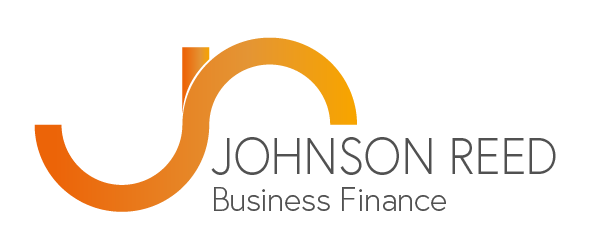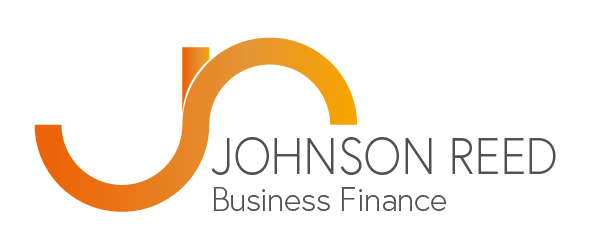Q1 of the new decade is in full swing. Have you acted on your business plans yet?
There’s no sense in holding back. Reach out, make connections, and you could soon be in front of several alternative lenders, weighing up a huge opportunity to make good on your business aims.
But don’t head in blind. Although a broker can assist you in choosing the right lender for you, it’s still good to do a little preparation of your own.
Here are five things to ask when you’re on the hunt for finance:
1. “What kind of businesses do you specialise in?”
Specialist lenders should prove that they are just that: specialist. Their track record should be strong, involving a number of businesses like yours that sought similar support.
If they’re relatively new to your industry, there’s a risk that the finance product could be more or less than you need. Growth timelines won’t be as accurate, and they’ll have a looser grasp of the money you can earn and the debts you can repay. Some industries, after all, can take longer to make a return than others. When lenders have more sector expertise, they have more of an understanding on where you are and where you want to be.
2. “How long does approval tend to take?”
This is always dependent on the lender’s willingness to trust your business plan and credit history. At Johnson Reed, we can fast-track an approval from our panel of lenders in as little as 48 hours. Most of our clients end up with the requisite loan amount in a week or two.
Other lenders, however, may take longer to approve you. So, ask for a typical timeframe and check out what influences it. Does it matter whether the loan is secured or unsecured? What if you want to put your own credit history up for review, instead of your business’? Gauge how each option may affect you.
3. “Could you explain the total cost to me?”
It might be better to take out a shorter-term loan at a higher interest rate somewhere else. Low APRs aren’t the be-all and end-all.
Understand what the ‘initial rental’ of a lease (which functions similar to a deposit) may be. Check transaction agreements. For vehicle leases, find out whether there’s an ‘excess mileage’ fee. Hidden costs like this can take you by surprise if they’re not explicitly outlined to you.
4. “Do you report my repayments to all the right credit agencies?”
Leases and loans have the added benefit of boosting your credit score as you repay the debt over time. Just ensure that the lender is notifying credit agencies when your payments happen – otherwise, you’ll miss out.
The UK’s four main agencies are Equifax, Experian, Crediva and TransUnion. Lenders should mention these names when prompted, and ensure consistent and punctual reporting to them.
5. “What happens when a lease agreement ends?”
It’s important to know what happens at the end of a lease agreement. As our Accounts Administrator, Ashlea Dutton, explains: “Once an agreement has been ended, you are then faced with three options. These will be provided 90 days before. You can continue to lease the equipment through the funder – do nothing, the funder will contact you. If you choose to continue leasing, you may enter the secondary period and will make arranged payments.
You can return the equipment to the broker (Johnson Reed) in full working condition at your expense. If you choose to return the equipment, you must indicate this option and cancel the direct debit. You can also take title to the equipment, if you chose this, you will need to write to the funder to terminate the agreement and state that you wish for your broker (Johnson Reed) to act as the third party for the purchase, and if you choose to take title to the equipment, you will pay a one-off title fee.
A broker, of course, can source the very best deals for you. Make 2020 a landmark year for your business, and contact Johnson Reed’s specialist lending experts today.


